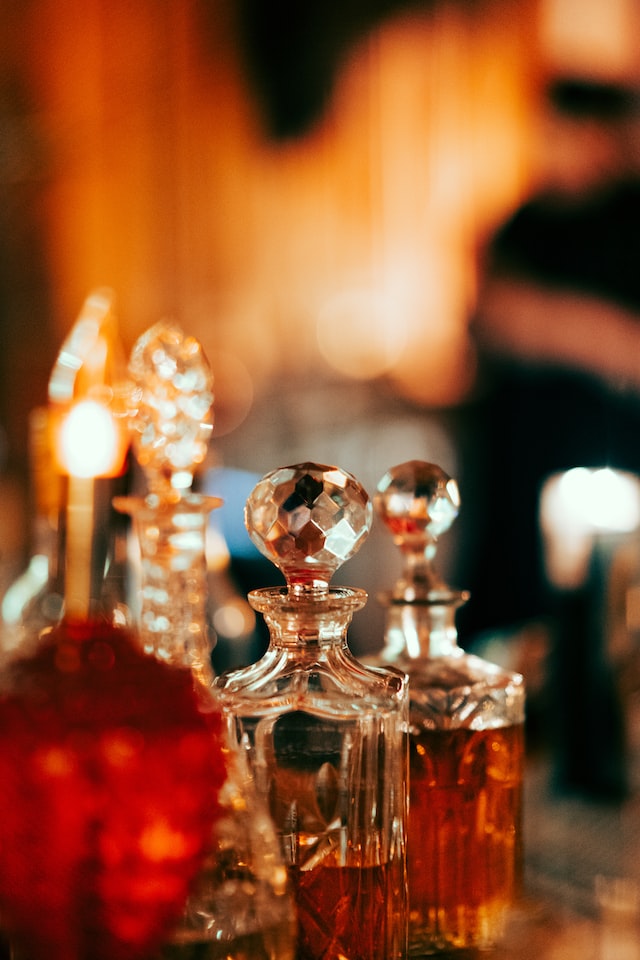Perfume is a luxury item that has been enjoyed by people all over the world for centuries. From ancient times to the present day, humans have used perfume for a variety of purposes, including as a means of personal hygiene, as a form of artistic expression, and as a tool for attracting and seducing others. In this article, we will explore the rich history of perfume, from its ancient roots to its modern-day evolution.
Ancient Roots
Perfume has a long and fascinating history that dates back thousands of years. The first recorded use of perfume can be traced back to ancient Egypt, where perfumes were used for religious ceremonies and as a means of embalming the dead. The ancient Egyptians were skilled perfumers, and they created a wide range of fragrances using ingredients such as myrrh, frankincense, and cypress.
The ancient Greeks also had a strong tradition of using perfumes, and perfume-making was considered an art form. The Greeks used perfumes for personal hygiene, as well as for religious ceremonies and as a means of attracting the opposite sex. In fact, the word “perfume” itself comes from the Latin “per fumum,” which means “through smoke,” referring to the practice of burning perfume ingredients as part of religious ceremonies.
The Rise of Perfume in Europe
Perfume began to spread throughout Europe in the Middle Ages, and by the Renaissance, it was a popular luxury item. Perfume-making became a highly specialized profession, and perfume was used by the wealthy to distinguish themselves from the lower classes. The courts of European monarchs were particularly fond of perfume, and it was not uncommon for nobles to wear several different fragrances at the same time.
In the 18th and 19th centuries, the industrial revolution brought new techniques and ingredients to the world of perfume-making, leading to the creation of new and complex fragrances. The development of steam power and the creation of chemical synthetic ingredients made it possible to create a wide range of fragrances at a lower cost, making perfume more accessible to a wider range of people.
The Modern Perfume Industry
In the 20th century, the perfume industry continued to grow and evolve. The development of new synthetic ingredients and the rise of mass production made perfume more affordable and accessible to a wider range of people. Perfume became a household item, and it was no longer just for the wealthy.
The 20th century also saw the rise of celebrity fragrances, with many famous actors, musicians, and other celebrities releasing their own signature fragrances. In the 21st century, the perfume industry has continued to thrive, with a wide variety of fragrances available for every taste and occasion.
Perfume in Different Cultures
Perfume has a long history in many different cultures around the world. In India, for example, perfumes have been used for centuries as part of traditional Ayurvedic medicine. In the Middle East, perfume has long been a part of daily life, and it is common for both men and women to use fragrances as a means of personal hygiene and as a way to attract the opposite sex.
In many cultures, perfume is also associated with spirituality and religious ceremonies. In Hinduism, for example, fragrances are used in religious ceremonies and as offerings to the gods. In Islam, the use of perfume is encouraged, and it is believed to have spiritual and medicinal properties.
The Future of Perfume
Looking to the future, it is likely that the perfume industry will continue to change and evolve. With advances in technology and the increasing demand for natural and sustainable products, it is possible that we will see new ingredients and techniques emerge in the world of perfume-making.
One trend that has emerged in recent years is the use of natural and organic ingredients in perfume-making. Many consumers are seeking out fragrances that are made with natural ingredients that are grown and harvested in a sustainable way. This trend is expected to continue in the future, as more and more people become concerned about the environmental and health impacts of synthetic ingredients.
Another trend that is likely to continue is the rise of personalization in the perfume industry. Many consumers are seeking out fragrances that are tailored to their individual preferences and tastes. As a result, it is possible that we will see more companies offering customized fragrances and perfume-making kits that allow consumers to create their own unique scents.
Overall, the history of perfume is a rich and fascinating one, and it is likely to continue to evolve and change in the future. Whether you are a perfume enthusiast or just someone who enjoys a good fragrance, there is no denying the enduring appeal and timelessness of perfume. So, it is a very interesting and essential part of human life which is not going to disappear in near future.

